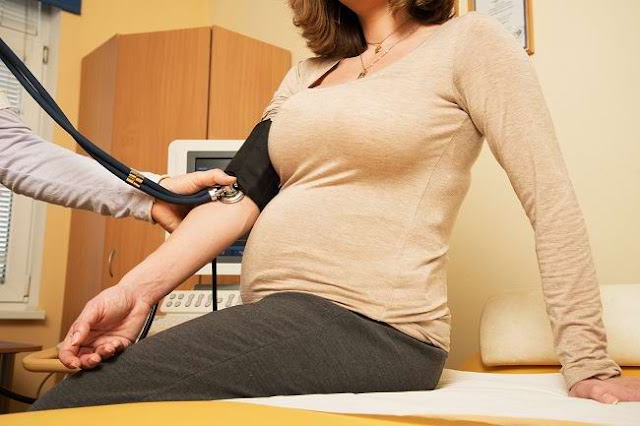Creatinine and Kidney Health
Creatinine is a chemical waste molecule that results from muscle metabolism and consumption of meat formed from creatine, an important molecule for muscle energy production. Substances that flow through these blood vessels are filtered by the kidneys to then be discharged with urine.
Creatinine is an indicator of whether or not kidney function is good, because it is this organ that keeps creatinine at normal levels. Increased creatinine levels are a marker of impaired kidney function or the occurrence of kidney disease.
This is why the measurement or test of creatinine levels together with other components such as Basal Urea Nitrogen (BUN) is important to determine kidney function and need to be done regularly. Healthy kidneys can maintain blood creatinine levels within normal limits. The higher creatinine levels, the more leads to the possibility of interference with the kidneys. Creatinine testing is also important to assess the therapeutic response to kidney disease.
Because of the rise in creatinine decline
Normal creatinine levels for adult men are approximately 0.6-1.2 milligrams per deciliter (mg / dL) and 0.5-1.1 mg / dL for adult women. This range can vary by laboratory. The group of people who usually have higher creatinine levels but still within the normal range are young adults or those who have muscular bodies. Increased creatinine levels can be caused by certain conditions or diseases, such as:- Hypertension.
- Diabetes.
- Kidney failure
- Urinary tract obstruction for example due to kidney stones.
- Kidney infection.
- Dehydration.
- Rhabdomyolisis.
- Excessive exercise.
- Take certain medications such as cimetidine, trimethoprim or sulfamethoxazole.
- Consumption of meat in large quantities.
Abnormal Creatinine and Kidney Damage
High creatinine levels can be a sign of damage to the kidneys. This condition needs to be watched especially if there are symptoms such as:- Feeling tired quickly.
- Limp.
- Fever.
- Headache
- Hard to breathe
- Swelling in certain body parts such as legs, arms, face, stomach, and eyes.
- Infrequent urination or reduced amount of urine.
- Bloody urine, or dark urine like tea.
- Back or waist pain.
- Loss of consciousness or fainting.




Komentar
Posting Komentar